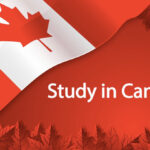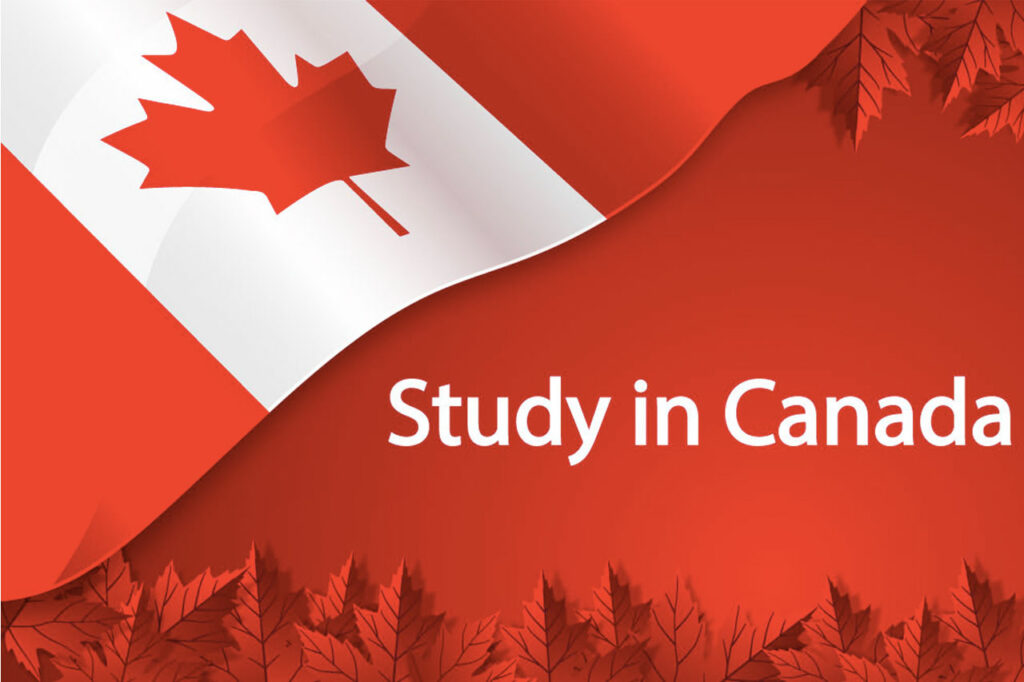Work and Study In The USA Comprehensive Guide – The United States is a premier destination for international students seeking quality education and vibrant cultural experiences. However, managing the high cost of education and living expenses can be challenging.
Many students, therefore, opt to work part-time while studying to support themselves financially. This article provides a detailed guide on balancing work and study in the USA, exploring the types of jobs available, visa regulations, and strategies for maintaining academic performance while working.
Understanding Visa Regulations
F-1 Visa Regulations
International students primarily come to the USA on an F-1 visa, which permits them to study full-time at accredited institutions. Under the F-1 visa, students have specific work restrictions:
- On-Campus Employment: F-1 students can work on-campus for up to 20 hours per week during the academic year and full-time during school breaks.
- Off-Campus Employment: This includes Curricular Practical Training (CPT), Optional Practical Training (OPT), and STEM OPT extensions. These require authorization from the Designated School Official (DSO) and the United States Citizenship and Immigration Services (USCIS).
J-1 Visa Regulations
Students on a J-1 visa, part of an exchange visitor program, also have work opportunities:
- On-Campus Employment: Similar to F-1 students, J-1 visa holders can work on-campus under the same conditions.
- Academic Training (AT): J-1 students can engage in training related to their field of study, both during and after their program, with the approval of their program sponsor.
Types of Jobs Available
On-Campus Jobs
On-campus employment is the most accessible work option for international students. These jobs are usually available in various departments and facilities, such as libraries, cafeterias, and administrative offices. Common on-campus jobs include:
- Library Assistant: Assisting with cataloging books, helping students locate resources, and managing circulation desks.
- Teaching Assistant (TA): Assisting professors with grading, leading discussion sections, and providing support to undergraduate students.
- Research Assistant (RA): Working on academic research projects, collecting data, and assisting with experiments under the guidance of faculty members.
- Campus Tour Guide: Leading tours for prospective students and their families, providing information about the campus and its programs.
Off-Campus Jobs
Off-campus employment requires authorization and is typically tied to the student’s academic program. The main options include:
- Curricular Practical Training (CPT): Allows students to work in internships or jobs directly related to their field of study. CPT must be an integral part of the curriculum.
- Optional Practical Training (OPT): Provides up to 12 months of employment authorization for students to gain practical experience in their field. STEM graduates can apply for a 24-month extension.
- Internships: Many students secure internships with companies related to their field of study. These can be paid or unpaid and provide valuable industry experience.
Balancing Work and Study
Time Management
Effective time management is crucial for students balancing work and study. Here are some strategies:
- Prioritize Tasks: Identify and prioritize tasks based on deadlines and importance. Use tools like to-do lists and planners.
- Create a Schedule: Allocate specific time slots for studying, working, and personal activities. Stick to this schedule to maintain a balanced life.
- Set Realistic Goals: Set achievable goals for both academic and work-related tasks. This helps in maintaining motivation and tracking progress.
Maintaining Academic Performance
Balancing work with academic responsibilities requires diligence and discipline:
- Stay Organized: Keep track of assignments, exams, and work schedules. Use digital tools like calendars and reminder apps.
- Seek Academic Support: Utilize campus resources such as tutoring centers, writing labs, and academic advisors.
- Communicate with Employers: Ensure your employer understands your academic commitments. Negotiate flexible working hours if needed.
Financial Management
Budgeting
Creating a budget is essential for managing finances effectively:
- Track Expenses: Monitor your spending to identify areas where you can cut costs.
- Plan for Fixed Expenses: Budget for tuition, rent, utilities, and other regular expenses first.
- Save Regularly: Set aside a portion of your income for savings, emergencies, and future expenses.
Scholarships and Financial Aid
Many institutions offer scholarships, grants, and financial aid to international students:
- Merit-Based Scholarships: Awarded based on academic performance, leadership qualities, or specific talents.
- Need-Based Scholarships: Awarded based on the financial need of the student.
- Departmental Scholarships: Offered by specific departments within the university for students pursuing certain majors or research areas.
Cultural Adjustment
Overcoming Culture Shock
Adapting to a new culture can be challenging:
- Learn About the Culture: Educate yourself about American customs, traditions, and social norms.
- Build a Support Network: Connect with other international students, join student organizations, and participate in campus events.
- Stay Open-Minded: Be open to new experiences and be willing to learn from cultural differences.
Balancing Social Life
Maintaining a social life while studying and working is important for mental well-being:
- Join Clubs and Organizations: Participate in clubs related to your interests and field of study.
- Attend Campus Events: Engage in social and cultural events organized by the university.
- Make Time for Friends and Family: Schedule regular time to connect with friends and family, both locally and back home.
Career Development
Building Professional Networks
Networking is crucial for career growth:
- Attend Career Fairs: Participate in university-sponsored career fairs and job expos.
- Join Professional Associations: Become a member of professional organizations related to your field.
- Utilize LinkedIn: Create a LinkedIn profile to connect with industry professionals and alumni.
Gaining Relevant Experience
Practical experience is invaluable:
- Internships: Seek internships to gain hands-on experience in your field.
- Volunteer Work: Engage in volunteer activities to build skills and enhance your resume.
- Part-Time Jobs: Choose part-time jobs that provide relevant experience and align with your career goals.
Legal Considerations
Understanding Work Authorization
Complying with visa regulations is essential:
- Know Your Visa Conditions: Understand the specific work restrictions associated with your visa type.
- Seek Authorization: Obtain necessary approvals for CPT, OPT, or AT from your DSO and USCIS.
- Avoid Unauthorized Work: Engaging in unauthorized work can jeopardize your visa status.
Tax Obligations
International students must comply with U.S. tax laws:
- File Tax Returns: All international students must file tax returns, even if they did not earn income.
- Understand Tax Treaties: Some countries have tax treaties with the USA that can reduce your tax liability.
- Seek Professional Help: Consider consulting a tax professional or using tax software designed for international students. Work and Study In The USA Comprehensive Guide..
Conclusion
Balancing work and study in the USA as an international student is undoubtedly challenging, but it is also rewarding. By understanding visa regulations, managing time effectively, and making the most of available resources, students can successfully navigate their academic and professional journeys.
The experience not only provides financial support but also enriches personal growth, cultural understanding, and career development.
With careful planning and determination, international students can thrive in their educational pursuits while gaining invaluable work experience in the USA. Work and Study In The USA Comprehensive Guide… Work and Study In The USA Comprehensive Guide.








